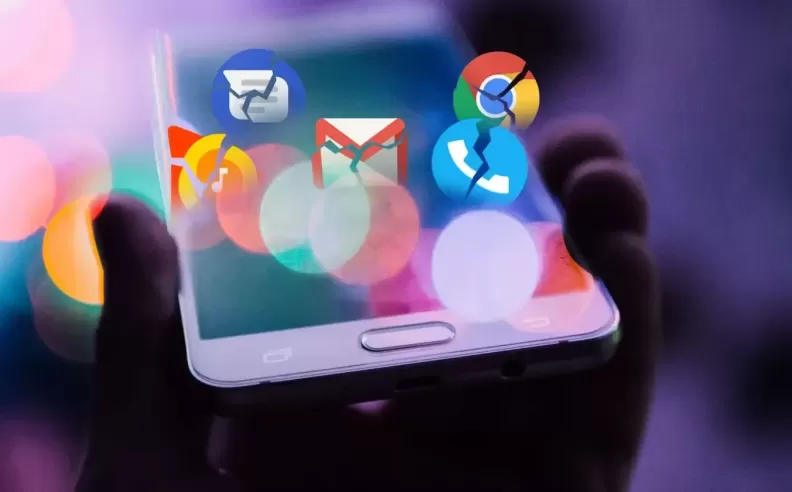
Pre-installed apps on Android phones may get the job done but just barely. Most stock apps offer only basic features and often keep users locked into a limited ecosystem, especially when developed by brands like Google, Samsung, or Xiaomi. In 2025, Arab users looking for more control, privacy, and performance are turning to smarter third-party alternatives. Whether it’s for calls, browsing, weather updates, or managing files, these upgraded apps deliver a better experience across the board.
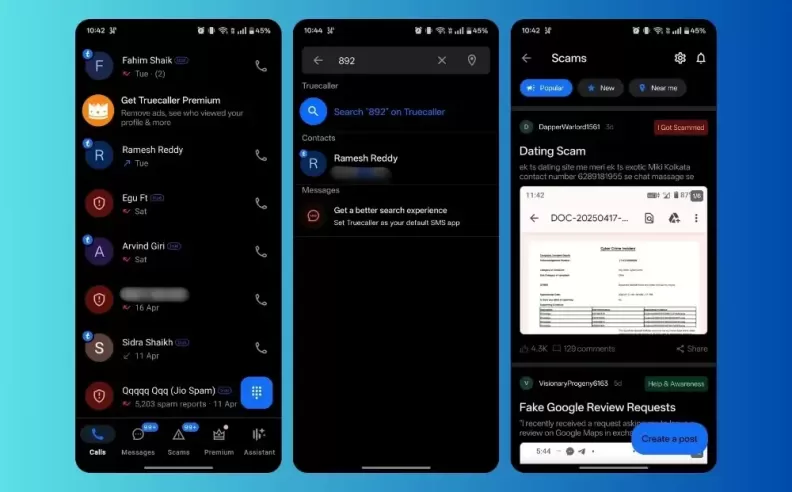
Stock dialers like Google Phone may look clean but often lack critical features. Truecaller offers unmatched spam protection thanks to its crowd-sourced database. It also includes caller ID, smart alerts, and call recording although ads in the free version can be annoying. For more privacy and better control over call recordings, ODialer steps in with silent recording, Bluetooth integration, and auto-record settings ideal for professionals and those handling frequent calls.
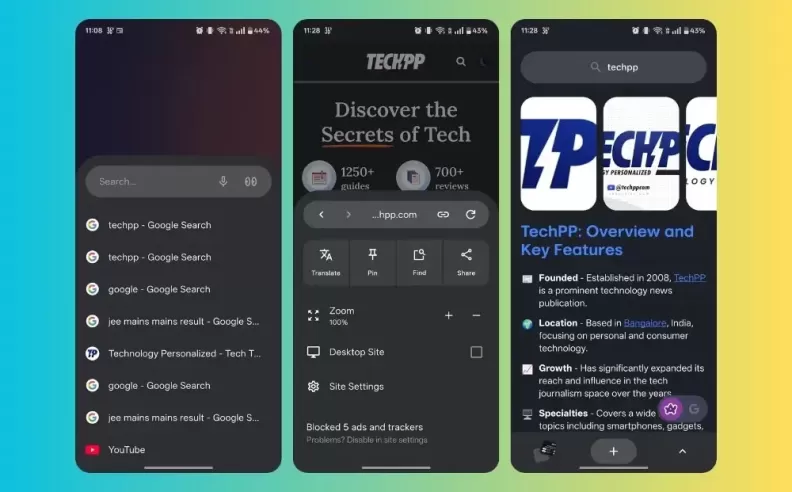
While Chrome dominates as a default browser, it’s not the most privacy-friendly or efficient. ARC Search offers a sleek, fast, and focused browsing experience without the clutter. For those wanting full-featured browsing with built-in ad blocking, Brave stands out. It runs on Chromium like Chrome, but it removes trackers, respects user privacy, and includes tab grouping, dark mode, and performance boosts that tech-savvy users will appreciate.
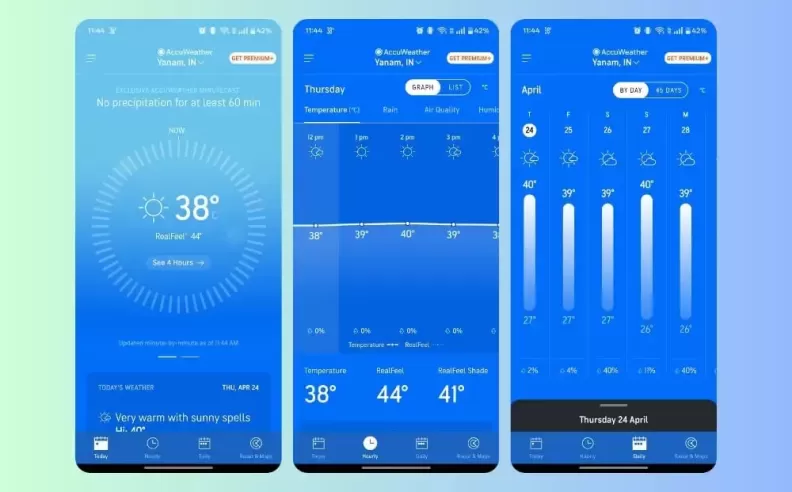
Default weather apps tend to be minimal and sometimes inaccurate. AccuWeather, used by many OEMs for weather data, offers far more depth hourly forecasts, severe weather alerts, air quality updates, and radar maps. It’s trusted globally and works well even in desert regions or coastal climates, which makes it an ideal choice for users in Saudi Arabia and the Gulf. Ads exist in the free version, but they can be removed using system-wide private DNS settings.
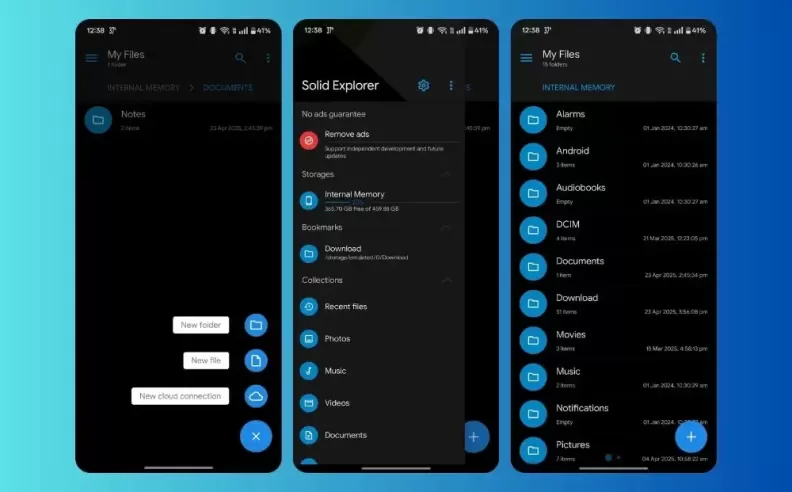
Managing files should be simple and powerful something default managers rarely achieve. Solid Explorer combines a clean UI with advanced features like dual-pane browsing, cloud backups, secure folder access, and even hidden system file navigation. It’s faster and smoother than Google’s file app and comes with animations and organization tools that make it a top pick for both casual users and tech enthusiasts.
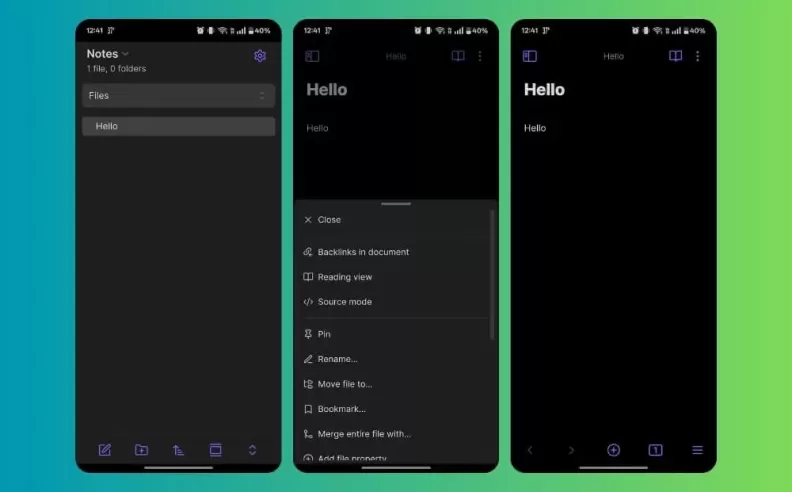
Google Notes is easy but lacks organizational power. OneNote offers a dynamic platform with support for handwriting, voice memos, file attachments, and even templates perfect for work and study. Obsidian, on the other hand, stores notes locally and allows users to create interlinked notes like a knowledge web, ideal for thinkers and creators. Both apps provide offline access, and Obsidian even supports plugins like calendars and Kanban boards.

Started my career in Automotive Journalism in 2015. Even though I'm a pharmacist, hanging around cars all the time has created a passion for the automotive industry since day 1.
